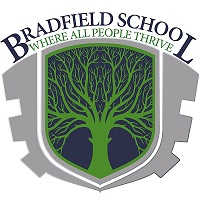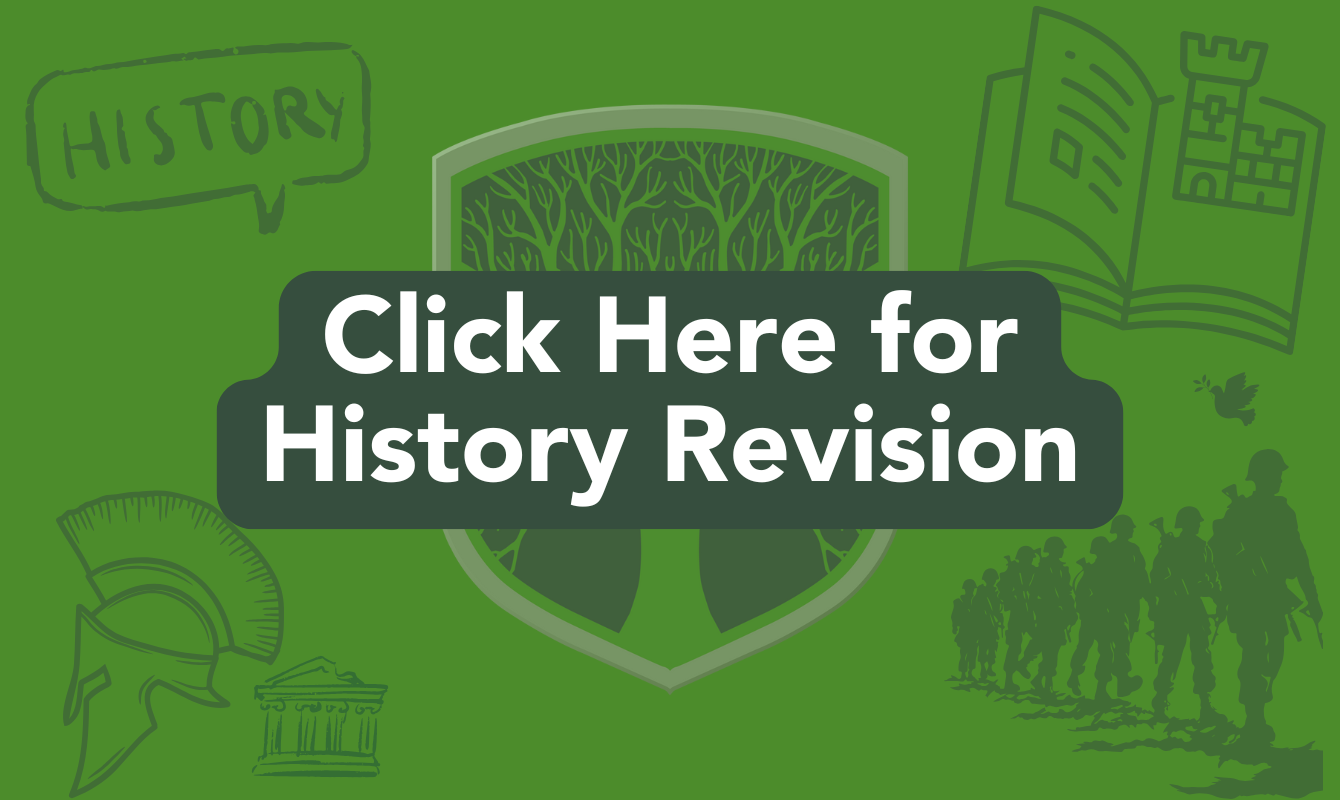History
What is our curriculum intention and purpose?
We want our students to be inspired to think, read, speak and write like historians. Our intent is to make all our students intellectually curious historians who grasp that the past is not just a static set of different facts; rather it is something that is to be explained, debated and contested and helps them make sense of the present world.
Our curriculum aims to nurture a love of History. We seek to develop our students as knowledge rich and outstanding enquiring critical thinkers of the future, confident of:
- describing and explaining key events of the past
- articulating well supported judgements
- engaging with, making inferences from and evaluating historical sources
- recognising bias
- comparing and evaluating historical interpretations
- putting events in order.
Students study a wide range of historical periods from the Roman & Islamic Empires to Votes for Women & 20th Century conflicts. This enables learners to study the past from a variety of standpoints, to revisit key skills and to secure a coherent grasp of local, national and global History.
History forms the roots of our understanding of our culture, human behaviour and world around us. The past does not always repeat itself, but it often rhymes with our present. By studying our world’s past, we can be inspired by its successes, learn from and try and avoid its mistakes and analyse future trends. History makes us think beyond our current frame of reference to see and consider worlds that were often very different, and similar, to our own and to see and critically evaluate other points of view. Studying History allows us to see that many problems in life have no clear answer. Realising these complexities allows us all to cultivate flexibility, critical and problem-solving skills, and an openness towards other people’s viewpoints.
What is our learning journey?
How is the curriculum sequenced?
To build academic excellence and ambition, a 5 year spiral History curriculum is in place. This aims to immerse students in a rich range of historical contexts and to engender an enquiring and critical outlook on our world. Our broad curriculum is carefully sequenced to give students opportunities to revisit new concepts and to hone key skills. Students are challenged to develop and reflect upon their own perspectives about a wide range of world events.
Further rationale behind our curriculum design includes students seeing the relevance of History in the world around them. Our choice of GCSE exam board and topics ensure students study a wide range of history and can make comparisons within and across periods thus being fully equipped for the study of A Level History.
What will my child experience in a typical history lesson?
History students can expect plenty of enthusiasm, challenge, support and opportunities to be engaged in their lessons. Structured turn and talk discussion time is a regular feature of lessons – this is a key element for building student confidence and fluency in communication, as well as being able to ensure that knowledge and understanding of key content is secure.
Teachers engage students to think like historians in all lessons and integrate sentence starter scaffolds and modelling to support students develop their confidence and skills of extended writing and using source evidence and interpretations. We aim, and routinely check for, maximal understanding and higher-order learning for all our students in order to deepen their analytical skills.
How do we assess progress?
Progress in History is evaluated through two key summative assessments each academic year, measuring student fluency and knowledge retention. Additionally, students complete formative mid topic assessments in Key Stage 3 and Key Stage 4.
Formative assessment is integrated into lessons through questioning, peer and self-assessment and regular knowledge ‘quizzes’ to enable teachers to identify gaps in knowledge to reteach. These strategies help identify gaps in knowledge, which are then addressed through whole-class feedback, promoting corrections and improvements.
How do we extend and enrich our curriculum?
Homework is set through Satchel One for Key Stage 3 and 4 to enhance and develop our students’ subject knowledge. We integrate historical reading in lessons and link students to extended historical texts. Our extra-curricular offer includes after school revision support and trips, such as the Thackray medical museum.
What higher education and career opportunities can this subject lead to?
History can lead on to further study at A-Level and degree level in History and a range of other subjects including Law, Psychology, International Relations and Marketing. History is an extremely well regarded and flexible qualification that can lead to a vast number of excellent careers as diverse as journalism, social work, business, government, heritage organisations, conservation, teaching, archives, museums and galleries, the police and law.
How can I support my child in history?
You can support your child in history by: -
- Asking them to talk about what they have learned in their history lessons and homework on Satchel One
- Encouraging them to independently read and watch programmes e.g. on YouTube/Netflix about any topics that they are doing in class
- Getting them to read/reading with them historical texts including using the links on Student SharePoint
Key Stage 3
| Year 7 | Year 8 | Year 9 |
|
|
|
Key Stage 4
Students work towards the Edexcel GCSE in History, covering the following units:
| Year 10 | Year 11 |
|
Block A
Block B/C
|
Block A
Block B/C
|

